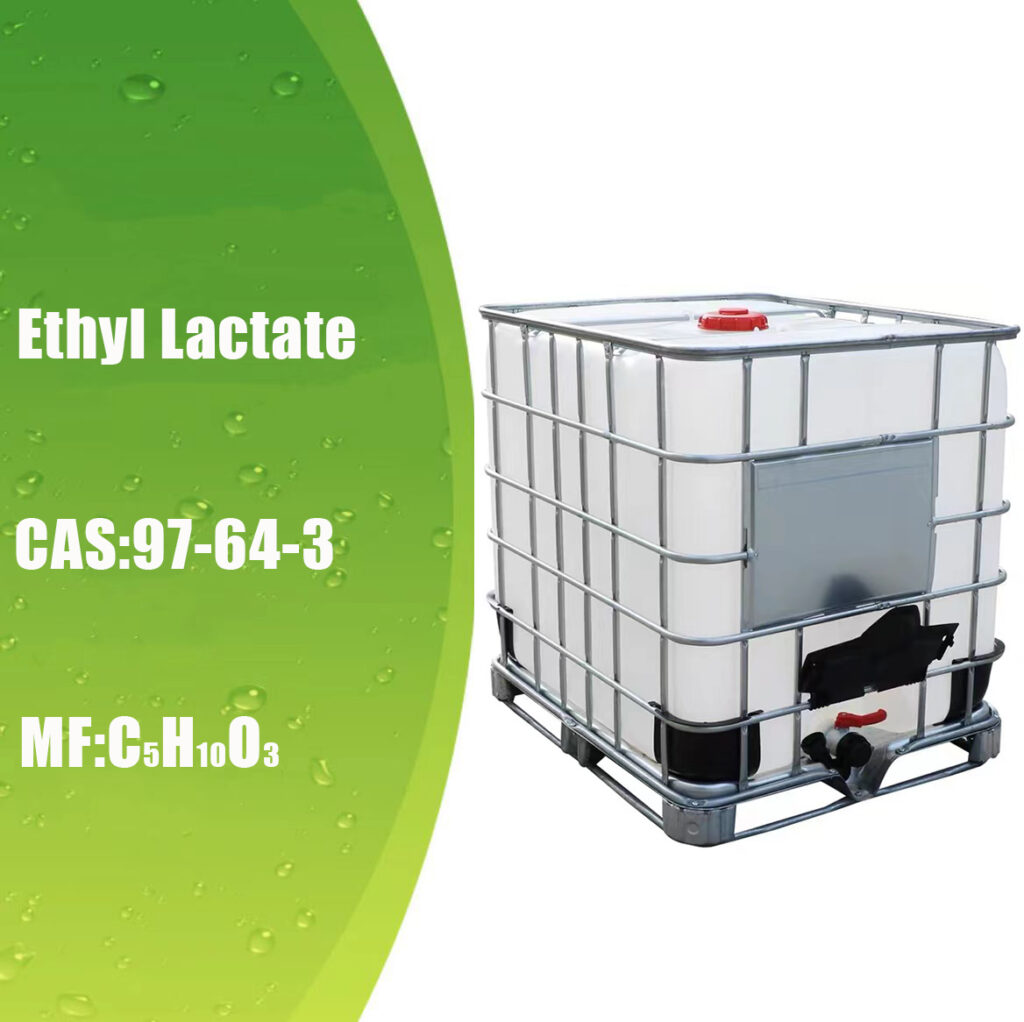In the complex and critical field of petroleum extraction, numerous chemicals play unique roles, and ethyl lactate is one such compound that plays a key role in the filter cake removal process. Ethyl lactate, with the chemical formula, is an organic compound with special chemical properties.
During the drilling and completion operations in petroleum extraction, filter cake formation is an inevitable phenomenon. Solid particles in the drilling fluid, such as clay, weighting materials, etc., gradually deposit on the surface of the formation under pressure differences, forming the filter cake. However, the presence of filter cake is not beneficial. It acts as a barrier, significantly reducing the permeability of the formation, obstructing the flow of oil and gas to the wellbore, and severely affecting the efficiency of petroleum and natural gas extraction. More seriously, the filter cake can also damage the formation, posing risks for subsequent operations and the long-term stable development of the reservoir.
So, how does ethyl lactate play a role in filter cake removal? From a mechanism perspective, ethyl lactate first exhibits excellent solubility. It can effectively dissolve the organic components in the filter cake, such as certain oil-based additives in the drilling fluid, which play a key role in binding solid particles during filter cake formation. Ethyl lactate, due to its molecular properties, easily penetrates into the filter cake and dissolves the organic binder, making the originally dense filter cake structure more porous.
At the same time, ethyl lactate also possesses a powerful dispersion effect. Once it infiltrates the filter cake structure, it significantly reduces the interaction forces between particles. For example, with clay particles, ethyl lactate molecules can rapidly adsorb onto the surface of the clay particles, cleverly altering the surface charge properties and the thickness of the hydration film, thereby weakening the agglomeration forces between the particles and promoting their dispersion.
In addition, ethyl lactate can effectively reduce the adhesion between the filter cake and the wellbore. Through both dissolving and penetrating actions, it successfully disrupts the adsorption interface between the filter cake and the formation rock. The adhesion between the filter cake and the wellbore is caused by physical adsorption (such as van der Waals forces) and chemical adsorption (such as chemical bonding). Ethyl lactate can partially dissolve the adsorbed components in the filter cake and, at the same time, create a separation layer between the filter cake and the wellbore, greatly reducing the adhesion force between them, making it easier for the filter cake to detach from the wellbore.
In practical applications, ethyl lactate has several advantages. First, it has good environmental friendliness. Compared to some traditional filter cake removal agents, ethyl lactate is less toxic and can be easily biodegraded in the natural environment, significantly reducing pollution to the formation and surrounding environment. Second, ethyl lactate has good compatibility with many drilling fluid systems and reservoir fluids. It does not undergo violent chemical reactions with other components in the drilling fluid, avoiding the generation of new precipitates or blockage issues. Meanwhile, under reservoir conditions, it does not negatively impact the properties of oil, gas, or water, and does not interfere with subsequent reservoir exploitation and treatment processes.
In conclusion, ethyl lactate, with its unique mechanism of action and significant application advantages, plays an irreplaceable role in the filter cake removal process in the petroleum industry, providing strong support for efficient, environmentally friendly, and sustainable development of petroleum extraction.

